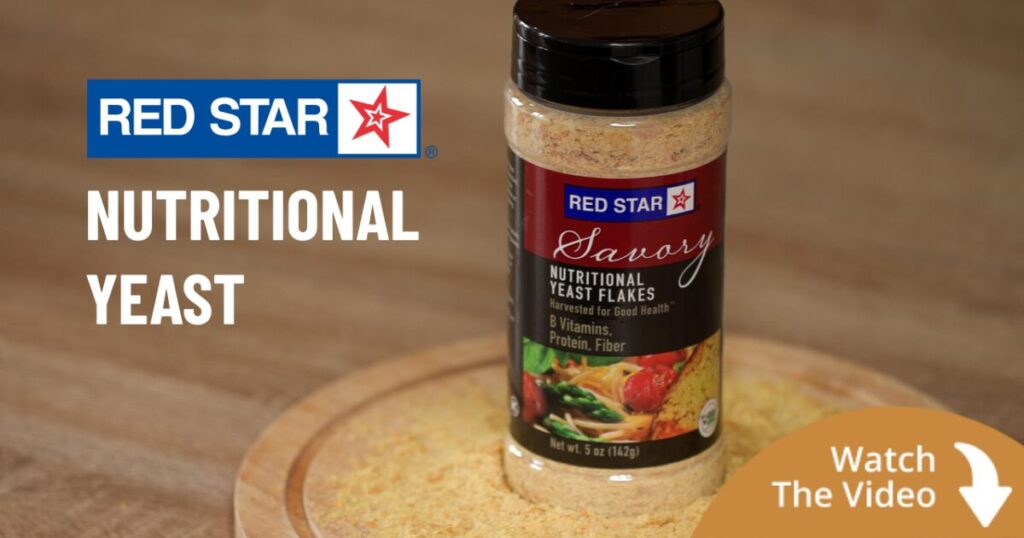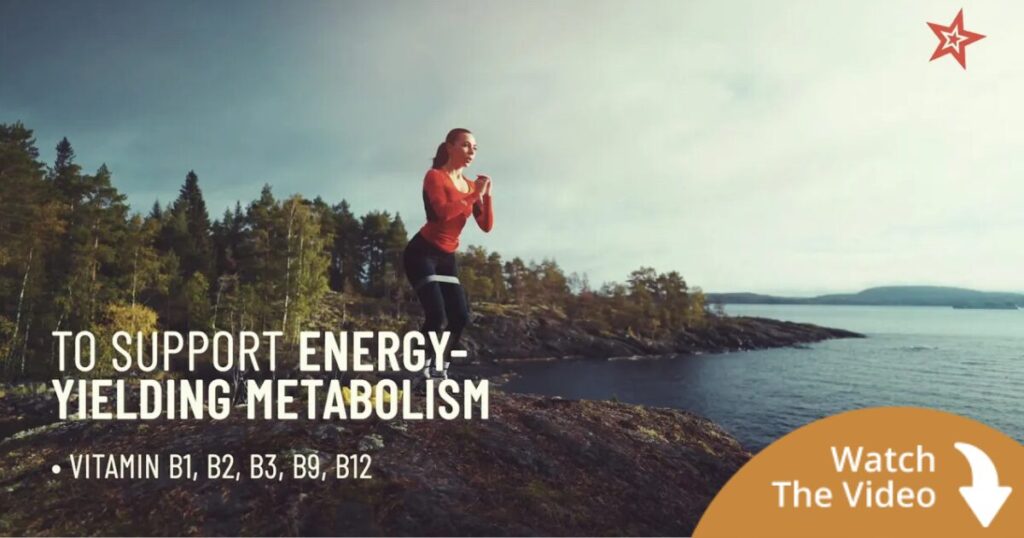Vitamin B12, also known as cobalamin, is a crucial nutrient that plays a vital role in maintaining nerve health, supporting red blood cell formation, and ensuring proper DNA synthesis. However, its absorption and availability can present unique challenges for specific groups, including vegans, vegetarians, and seniors.
Vegans and Vegetarians need alternative vitamin B12 supplementation
Vitamin B12 is predominantly found in animal products such as meat, dairy, and eggs. Consequently, vegans who avoid all animal-derived foods are at a higher risk of vitamin B12 deficiency. Vegetarians may struggle to get enough while consuming dairy and eggs if their diet is not well-planned. Since vitamin B12 is not naturally present in plant-based foods, vegans must rely on fortified foods or supplements to meet their needs. Vegans and vegetarians must ensure they consume enough vitamin B12 or consider supplementation if their intake is insufficient.
The impact of age on vitamin B12 absorption
As people age, the body’s ability to absorb vitamin B12 from food diminishes. This is partly due to decreased stomach acid production, which is necessary to absorb vitamin B12 from animal sources. Seniors might also experience atrophic gastritis, which further impairs B12 absorption. As a result, even those with a diet rich in vitamin B12 might still be at risk of deficiency.
Red Star® Nutritional Yeast: A Powerhouse Source of Vitamin B12
Red Star® Nutritional Yeast is also easily incorporated into a diet to make it healthier. Red Star® Nutritional Yeast can enhance a variety of recipes: dips, starters, main courses, snacks, and even desserts.


